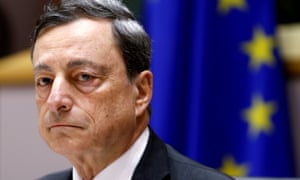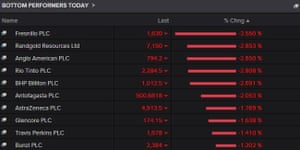
Florian Hense, economist at Berbenberg, says low eurozone inflation of 0.2% in August is concerning for the European Central Bank:
August, just like the first seven months, does not provide much evidence for a material shift in price dynamics. This remains an ongoing source of concern for the ECB.
But whether today’s numbers cause headache to the central bankers in Frankfurt remains to be seen. Whereas market-based gauges remained close to record lows, survey-based indicators had shown more resilience.
Next week’s governing council meeting (8 September) will unlikely bring big news. Mario Draghi will continue to stress that the ECB keeps all options open.
There is some chance that the ECB will already announce an extension of asset purchases beyond the end of March 2017, but that is more likely to come in December when the ECB knows more about the Brexit impact and political risks in the US and Europe.
Over in the US, and despite a growing expectation that the Federal Reserve may raise interest rates later this year, one member believes low rates may be here for the long term.
Chicago Federal Reserve president Charles Evans suggested in Beijing today that cheaper borrowing would remain because US economic growth had slowed so much it was almost a permanent expectation for business and investors, according to Reuters.However Evans is not a voting member this year, so here are the chances of a rise in the next few months:
[Source:-The Guardian]




